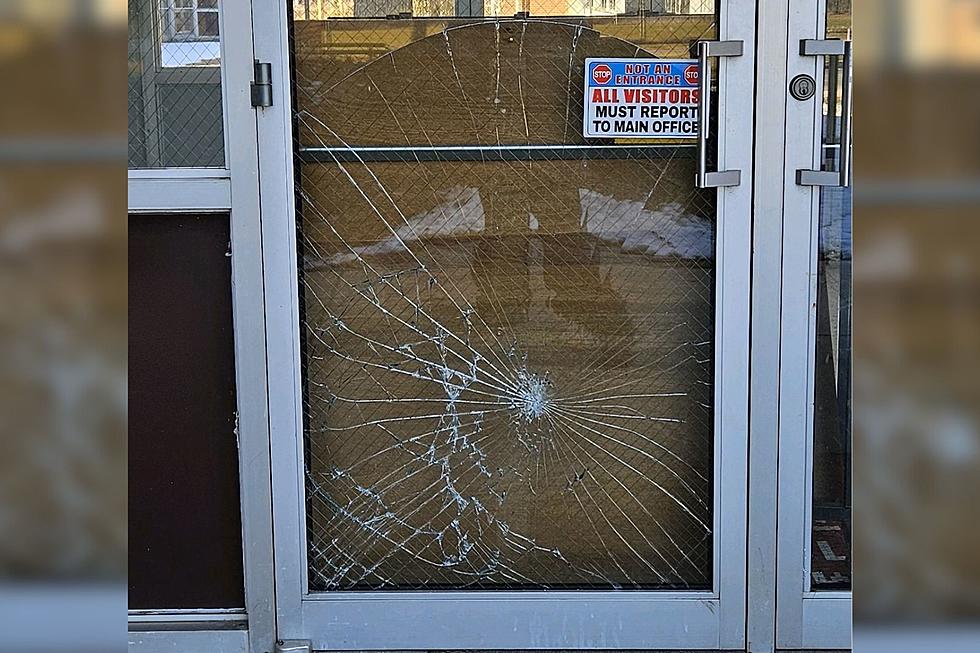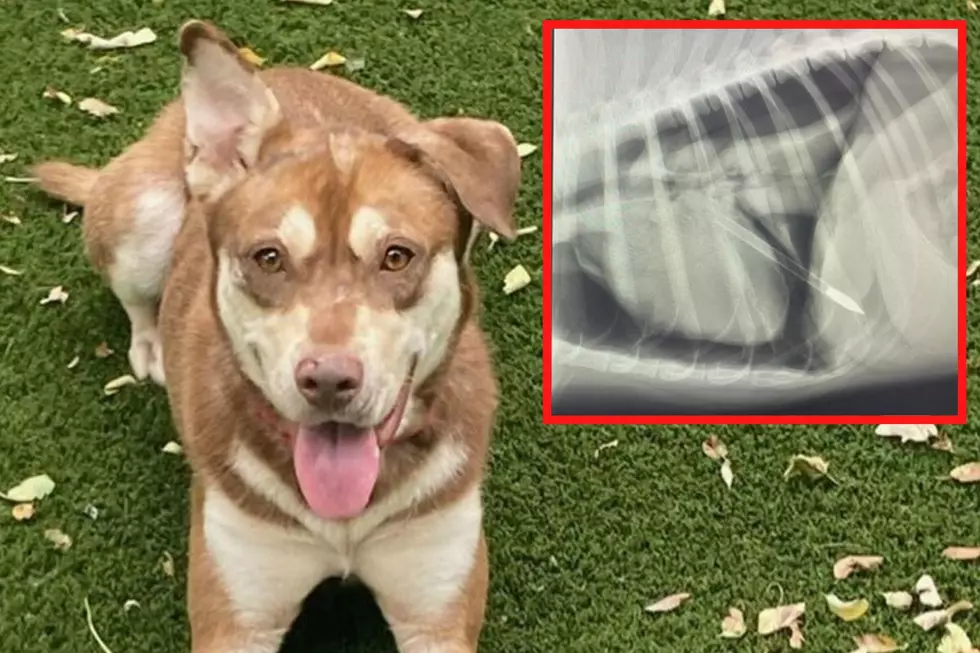![Living With The Reality Of Rabies [AUDIO]](http://townsquare.media/site/385/files/2012/02/rabies-630x420.jpg?w=980&q=75)
Living With The Reality Of Rabies [AUDIO]
Rabies cases remain stable for a fifth year in a row in New Jersey. State Health Officials report a total of 293 confirmed cases for 2011.
However, that doesn't mean residents should let their guards down around animals.
Ocean County Public Health Coordinator Daniel Regenye says you should always be cautious when approaching any unfamiliar animal including kittens, cats and dogs. "and definitely if you see the animal either lethargic or if it's a nocturnal animal and you see that animal out in the daytime that's unusual, you should be contacting your local animal control officer."
Regenye was reluctant to list rabies symptoms in humans, saying with rabies you want to err on the side of caution. He says it's almost always too late when humans start exhibiting signs of the saliva spread virus. He suggest identifying the illness in animals as a way preventing contraction of the virus. "It could be an animal that's just very lethargic, very tired. It could be paralysis of some of the limbs. It could be an animal that's seen during the daytime. It could be an animal that is drooling.
Regenye also advises against feeding wild or stray animals in your community and to eliminate potential food sources like placing garbage bags in covered containers.
He also says talk to local veterinarians or health officials if your pet has unusual scars, scratches or bite marks.
Health Officials say 50% of all bats carry rabies, raccoons are another high risk animal and cats are six times more likely than dogs to contract the virus.
More From New Jersey 101.5 FM





![Grilling Gone Wrong – Top 5 BBQ Fails [NSFW- Language]](http://townsquare.media/site/385/files/2012/05/BBQ-Fail1.png?w=980&q=75)

![9/11/2001: On The Air [AUDIO]](http://townsquare.media/site/385/files/2012/02/1161079.jpg?w=980&q=75)

